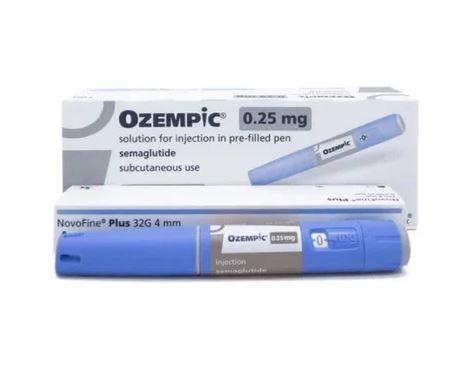What Does Fentanyl Do To You?
Pain can be managed effectively with fentanyl, a potent synthetic opioid. It produces its effects by interacting with the body’s opioid receptors, which results in a profound sense of euphoria and decreased pain sensitivity. Fentanyl, while useful for managing pain under medical supervision, is also highly addictive and dangerous, with the potential to cause overdose and death.
Fentanyl What Does it Do?
Fentanyl abuse is a growing public health crisis because many people become dependent on the drug after receiving a prescription to treat pain. This article will examine the effects of fentanyl, including the potential for abuse and addiction, as well as the treatment options that are currently available.
What Does Fentanyl Do to Your Body?
Prolonged utilization and misuse of fentanyl may result in physiological reliance, substance addiction, and lethal overdose. The consumption of Fentanyl in excessive amounts may lead to respiratory insufficiency, unconsciousness, and fatality. Fentanyl is categorized as a Schedule II controlled substance in the United States owing to its high potency and addictive properties. Consequently, stringent regulations govern its production, distribution, and utilization.
What does fentanyl do to the body? It is imperative to seek professional assistance if an individual or acquaintance grapples with fentanyl addiction. The available treatment modalities for fentanyl addiction comprise medication-assisted therapy, behavioral therapy, support groups, and inpatient or outpatient rehabilitation programs.
What Does Fentanyl Do to the Brain?
Fentanyl is a potent synthetic opioid that attaches to receptors in the brain and body, modifying the transmission of pain signals. The substance exhibits a high potency and expeditiously elicits a spectrum of neurological responses, such as intense pleasure, tranquilization, and calmness. The aforementioned outcomes are attributed to escalated dopamine discharge in the brain’s reward circuitry, which strengthens the drug’s consumption.
Fentanyl What Does It Do?
Synthetic opioid fentanyl is commonly used to treat severe pain but is also abused for its intense intoxicating effects. Small amounts of fentanyl can cause respiratory depression and overdose because it is up to 100 times more powerful than morphine. Abuse of fentanyl can have devastating and even fatal consequences.
- Euphoria: Fentanyl can create feelings of intense pleasure and well-being.
- Respiratory depression: Fentanyl can slow breathing, leading to respiratory failure and death.
- Sedation: Fentanyl can cause drowsiness and sedation.
- Nausea and vomiting: Fentanyl can cause stomach upset and vomiting.
- Constipation: Fentanyl can cause constipation, which can be severe.
- Confusion: Fentanyl can cause confusion and disorientation.
- Itchiness: Fentanyl can cause itching, which can be severe.
- Tolerance: Fentanyl can lead to the development of tolerance, meaning that higher doses are needed to achieve the same effects.
- Dependence: Fentanyl can lead to physical and psychological dependence, making it difficult to stop using the drug.
- Overdose: Fentanyl overdose can be deadly, leading to respiratory failure and death.
What Does Fentanyl Do?
Fentanyl, while useful for managing pain under medical supervision, is also highly addictive and dangerous, with the potential to cause overdose and death.
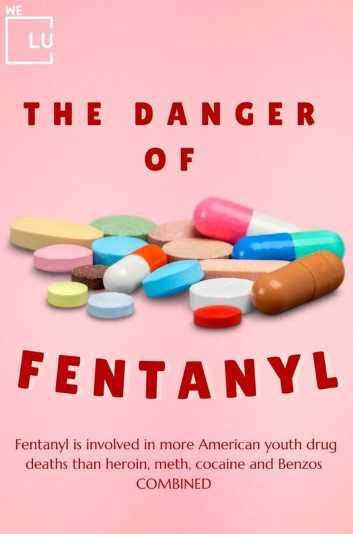
Skip To:
Learn More:

Get Your Life Back
Find Hope & Recovery. Get Safe Comfortable Detox, Addiction Rehab & Mental Health Dual Diagnosis High-Quality Care at the We Level Up Treatment Centers Network.
Hotline (877) 378-4154Prescription Drug Abuse Statistics
Prescription drug abuse is a growing public health problem affecting millions of Americans yearly. According to the National Institute on Drug Abuse (NIDA), approximately 18 million people in the United States misused prescription medications in 2019. This includes opioids, benzodiazepines, stimulants, and other prescription drugs. Prescription drug abuse can lead to dependence, addiction, overdose, and even death. Understanding the scope of the problem can help policymakers, healthcare providers, and individuals take steps to prevent and address prescription drug abuse.
70%
Approximately 70% of all drug overdose deaths in the United States in 2019 involved prescription or illicit opioids.
Source: CDC
9.7 million
In 2019, 9.7 million people aged 12 or older misused prescription pain relievers in the past year.
Source: NSDUH
4.6 million
In 2020, more than 4.6 million Americans misused prescription stimulants.
Source: DEA
Fentanyl Drug Facts
Fentanyl Overview
What does fentanyl do to you? Fentanyl is a synthetic opioid that is many times more potent than heroin and is primarily used for pain management. It can cause pain relief, sedation, and respiratory depression but can also lead to dangerous side effects and overdose. Fentanyl abuse can cause long-term physical and mental health problems, addiction, and dependence. It is a highly dangerous drug that should only be used as a healthcare provider prescribes.
Fentanyl Abuse Signs
- Pinpoint pupils.
- Drowsiness or nodding off.
- Confusion or disorientation.
- Slurred speech.
- Shallow breathing or difficulty breathing.
- Nausea or vomiting.
- Constipation.
- Itching or skin rash.
- Muscle rigidity or muscle weakness.
- Social withdrawal or isolation.
- Changes in behavior or mood.
- Financial problems or stealing to obtain drugs.
It’s important to note that these signs can vary depending on the individual and the severity of their abuse. If you suspect someone is abusing fentanyl, it’s important to seek professional help.
Fentanyl Addiction Treatment
Fentanyl addiction is a serious condition that requires professional treatment. Here are some common treatments for fentanyl addiction:
- Medication-assisted treatment (MAT): MAT involves using medications, such as methadone or buprenorphine, to manage withdrawal symptoms and cravings. MAT is often combined with behavioral therapy.
- Behavioral therapy: Behavioral therapy involves counseling and other behavioral interventions to address the underlying causes of addiction and help individuals develop coping skills to prevent relapse.
- Inpatient treatment: Inpatient treatment involves staying at a treatment facility for a period of time to receive intensive therapy and support.
- Outpatient treatment: Outpatient treatment allows individuals to receive treatment while living at home and attending work or school.
- Support groups: Support groups, such as Narcotics Anonymous, can provide individuals with a supportive community of people who have also struggled with addiction.
It’s important to note that recovery from fentanyl addiction is lifelong and may require ongoing treatment and support. It’s also important to seek professional help from a healthcare provider or addiction specialist for the most effective treatment.
Most Popular Fentanyl FAQs
-
What does a fentanyl patch do? What does fentanyl do to body?
A fentanyl patch is a transdermal patch that releases the potent synthetic opioid fentanyl into the bloodstream through the skin. The patch is typically used to manage chronic pain in patients who require continuous pain relief. When applied, the patch slowly releases fentanyl over a period of 72 hours, providing around-the-clock pain relief.
-
What does fentanyl do for you?
Fentanyl is a powerful synthetic opioid pain reliever. When used properly and under the guidance of a healthcare provider, it can help manage severe pain, especially in patients with cancer or those undergoing major surgeries.
-
What does fentanyl overdose do?
A fentanyl overdose can be extremely dangerous and potentially fatal. It can cause respiratory depression, which means breathing becomes slow and shallow or stops completely.
-
What does rainbow fentanyl do to you?
The same thing as what fentanyl can do. Rainbow Fentanyl is simply dyed fentanyl which is allegedly to attract teens to the usage of the drug.
-
What does smoking fentanyl do?
Fentanyl’s potent and rapid effect on the body makes smoking dangerous due to the potential for overdose and fatal respiratory depression. The drug is usually adulterated, meaning other substances are added.
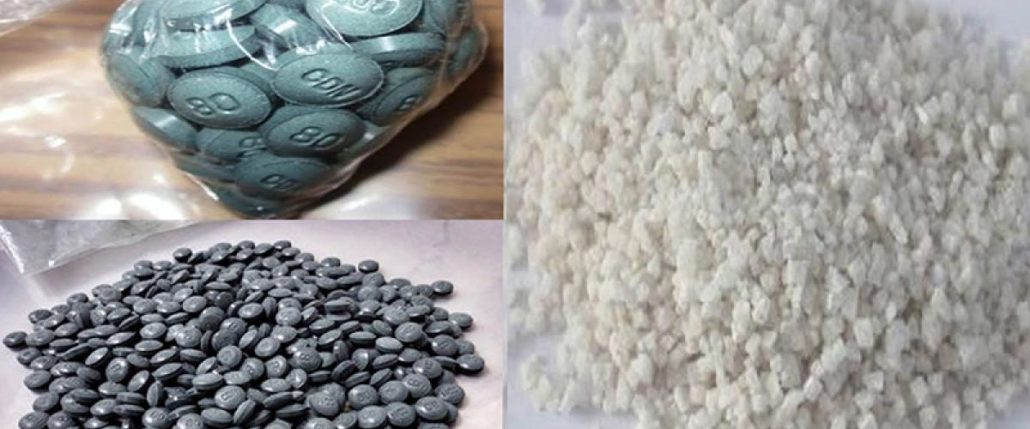
What Does Fentanyl Do to a Person?
- Pain relief: Fentanyl is a potent pain medication that can quickly and effectively relieve severe pain.
- Euphoria: Fentanyl can cause intense feelings of pleasure and euphoria, which can lead to addiction.
- Respiratory depression: Fentanyl can cause slow and shallow breathing, which can be life-threatening in high doses.
- Sedation: Fentanyl can cause drowsiness and sedation, impairing a person’s ability to perform tasks requiring attention and coordination.
- Nausea and vomiting: Fentanyl can cause nausea and vomiting, especially when it is first used or when the dose is increased.
- Confusion and disorientation: Fentanyl can cause confusion and disorientation, especially in older adults or those with pre-existing cognitive impairments.
- Reduced heart rate and blood pressure: Fentanyl can cause a decrease in heart rate and blood pressure, which can be dangerous for people with pre-existing cardiovascular conditions.
- Overdose: Fentanyl overdose can cause respiratory arrest, coma, and death.
Get Help. Get Better. Get Your Life Back.
Searching for Accredited Drug & Alcohol Rehab Centers Near You? Or Mental Health Support?
Even if you have failed previously, relapsed, or are in a difficult crisis, we stand ready to support you. Our trusted behavioral health specialists will not give up on you. Call us when you feel ready or want someone to speak to about therapy alternatives to change your life. Even if we cannot assist you, we will lead you wherever you can get support. There is no obligation. Call our hotline today.
FREE Addiction Hotline – Call 24/7What Does Fentanyl Do to the Human Body?
What does Fentanyl Do to Your Heart?
Fentanyl is a powerful synthetic opioid that has the potential to cause serious heart problems. Various cardiac side effects are possible, including slow heart rate, low blood pressure, and irregular heartbeats. When taken in large doses or in conjunction with other drugs, fentanyl can potentially cause heart failure or cardiac arrest. When fentanyl is abused, injected, or mixed with other substances like alcohol or benzodiazepines, the risk of these effects increases. Heart and other organ damage, addiction, and dependence are all possible outcomes of chronic fentanyl use. Fentanyl should only be used when prescribed by a doctor, and prompt medical attention should be sought if adverse effects occur.
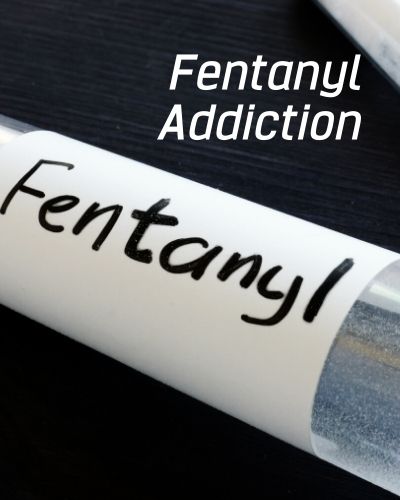
First-class Facilities & Amenities
World-class High-Quality Addiction & Mental Health Rehabilitation Treatment
Rehab Centers TourRenowned Addiction Centers. Serene Private Facilities. Inpatient rehab programs vary.
Addiction Helpline (877) 378-4154Proven recovery success experience, backed by a Team w/ History of:
15+
Years of Unified Experience
100s
5-Star Reviews Across Our Centers
10K
Recovery Success Stories Across Our Network
- Low Patient to Therapist Ratio
- Onsite Medical Detox Center
- Comprehensive Dual-Diagnosis Treatment
- Complimentary Family & Alumni Programs
- Coaching, Recovery & Personal Development Events
What Does Fentanyl Do to Your Lungs?
Fentanyl is an extremely potent opioid that can potentially cause respiratory depression or a slowing or stopping of breathing. Damage to the lungs and other vital organs can result from low blood oxygen levels brought on by this condition. Fentanyl abuse or overdose can cause acute respiratory distress syndrome (ARDS), a life-threatening lung condition requiring immediate medical attention. There is an increased risk of respiratory depression and lung damage when using fentanyl is smoked or inhaled.
Inhaling or smoking fentanyl can lead to a variety of respiratory complications. This is because fentanyl has a depressant effect on the respiratory drive in the brain, causing shallow or absent breathing. In addition to making it harder to breathe, the drug can narrow the airways and reduce lung capacity.
Inhaling or smoking fentanyl regularly can cause serious lung damage and infections like bronchitis, emphysema, and pneumonia. Fentanyl has been linked to cases of potentially fatal lung injury known as acute respiratory distress syndrome (ARDS).
Mixing fentanyl with other substances, such as alcohol or other drugs, can increase the risk of lung damage because it can amplify the effects of fentanyl on the respiratory system. Fentanyl is extremely dangerous, and its use can lead to an overdose or other serious health problems if it is smoked or inhaled.
World-class, Accredited, 5-Star Reviewed, Effective Addiction & Mental Health Programs. Complete Behavioral Health Inpatient Rehab, Detox plus Co-occuring Disorders Therapy.
CALL (877) 378-4154End the Addiction Pain. End the Emotional Rollercoaster. Get Your Life Back. Start Drug, Alcohol & Dual Diagnosis Mental Health Treatment Now. Get Free No-obligation Guidance by Substance Abuse Specialists Who Understand Addiction & Mental Health Recovery & Know How to Help.
Find Treatment for Fentanyl Addiction
First and foremost, if you think that a loved one is abusing fentanyl, you should first research the drug and associated addiction to better understand what your loved one needs. Next, you must plan an intervention to provide your loved ones with options to battle their addiction in a safe and supportive environment. During this intervention, make sure that you offer compassion and support instead of judgment. Lastly, offer your support throughout the entire treatment process.
Clearing fentanyl from the body and overcoming fentanyl withdrawal symptoms is the goal of detox, which is the first treatment step for fentanyl addiction. Here at We Level Up NJ, a comprehensive team prescribing medications as part of our medication-assisted treatment (MAT) program, it aims to alleviate your withdrawal pains while monitoring your health 24 hours during the detox. We prioritize your safety and comfort because this is a fragile and challenging time for you.
Once detox is complete, a new treatment doorway opens up, referred to as an inpatient drug rehab or residential level of care. Our residential care program slowly and effectively introduces the individual into an atmosphere of therapeutic growth, marked by master’s level therapists, clinicians, group counselors, psychiatrists, and a community of like-minded individuals with the same aim: to attain sobriety and live a great life.
Some of the many modalities applied and practiced within our residential treatment facility are:
- Alumni Support Program
- Stabilization
- Holistic Therapy
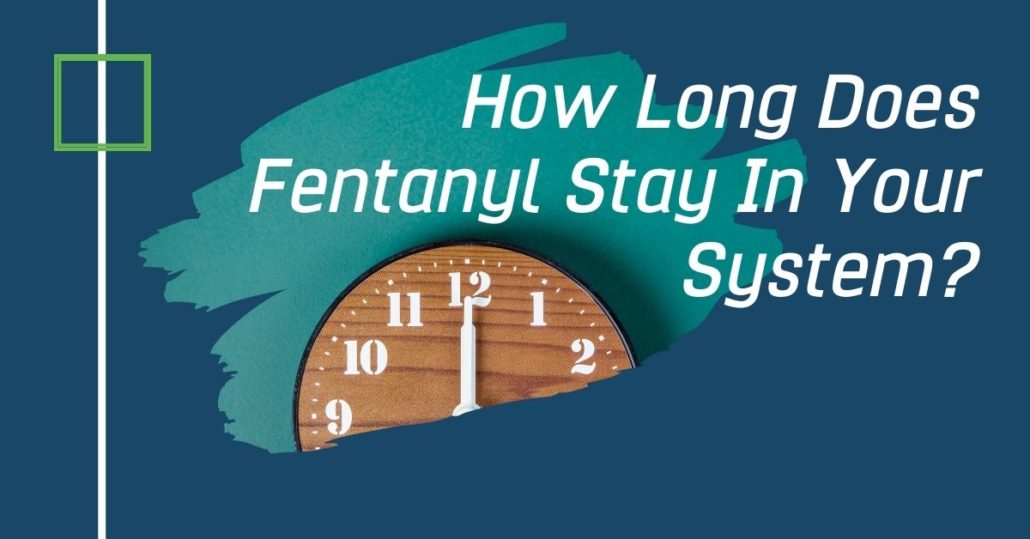
Our treatment tailors the program to the individual and the individual to the program of recovery. We begin by assessing our client’s history of mental health, drugs, and substance abuse-related past. The needs of each individual are specific and personalized because we aim to provide comprehensive support for mental health, addiction, and dual diagnosis treatment. Our supportive environment is designed accordingly to give clients 24-hour care for sobriety. Most importantly, we hope to have our clients live comfortably within the facility during this crucial and fragile time.
Now that you’ve answered the question “what is fentanyl?” it is crucial to seek help to avoid overdose. At We Level Up NJ, we prioritize removing the stigma and temptations for relapse and applying an air of recovery into every component of the treatment timeline. , We find that when clients live in a supportive community, especially during their early recovery process, they can truly focus on what matters most: their recovery.
Experience Transformative Recovery at the We Level Up Treatment Center.
See our authentic success stories. Get inspired. Get the help you deserve.



Start a New Life
Begin with a free call to an addiction & behavioral health treatment advisor. Learn more about our dual-diagnosis programs. The We Level Up treatment center network delivers various recovery programs at each treatment facility. Call to learn more.
- Personalized Care
- Caring Accountable Staff
- World-class Amenities
- Licensed & Accredited
- Renowned w/ 5-Star Reviews
We’ll Call You
Powerful Video Overcoming Prescription Drugs Abuse
“I wanted my life back. I was a shell of a person. I wanted to be trusted, I wanted relationships back that I lost, mainly my children and family. It started innocent enough, I got into a car accident, and then I got kind of sucked into the whole, you know, medication issue with the pills. And before I knew it, I was in a cloud. I was sucked in by addiction, and with my mind, I kept thinking it was OK because a doctor was prescribing this for me, a doctor was giving me this, a doctor was giving me that.
So, I didn’t think I was doing anything wrong. Level Up supports my family and my relationships with my family, and they’ve helped me grow as a person. When I first started there, I was so intimidated and kind of scared, you know? But, they’ve taught me, they’ve kind of taught me how to come into my own. And then, you know, when I get the call from my twenty-one-year-old daughter in the middle of the day, just to say ‘I love you, Mom.’ that’s amazing.”
Jen’s Addiction Recovery Testimonial
Search We Level Up NJ What Does Fentanyl Do To You? Topics & Resources
Sources:
- National Institute on Drug Abuse (NIDA) – Fentanyl Drug Facts: https://www.drugabuse.gov/publications/drugfacts/fentanyl tags: What does fentanyl do to you?
- U.S. Drug Enforcement Administration (DEA) – Fentanyl: https://www.dea.gov/factsheets/fentanyl tags: What does fentanyl do to you?
- Department of Health and Human Services (HHS) – Opioid Crisis: https://www.hhs.gov/opioids/ tags: What does fentanyl do to you?
- National Safety Council (NSC) – Fentanyl: https://www.nsc.org/home-safety/safety-topics/drugs/fentanyl tags: What does fentanyl do to you?





